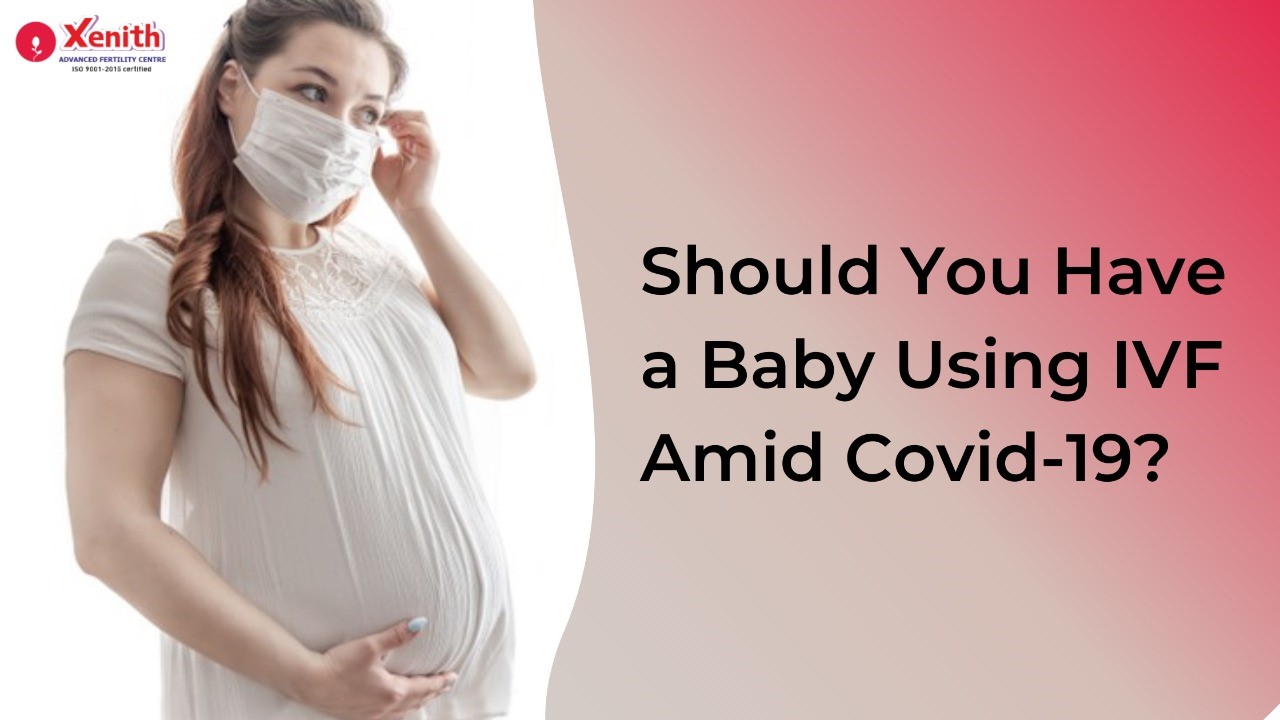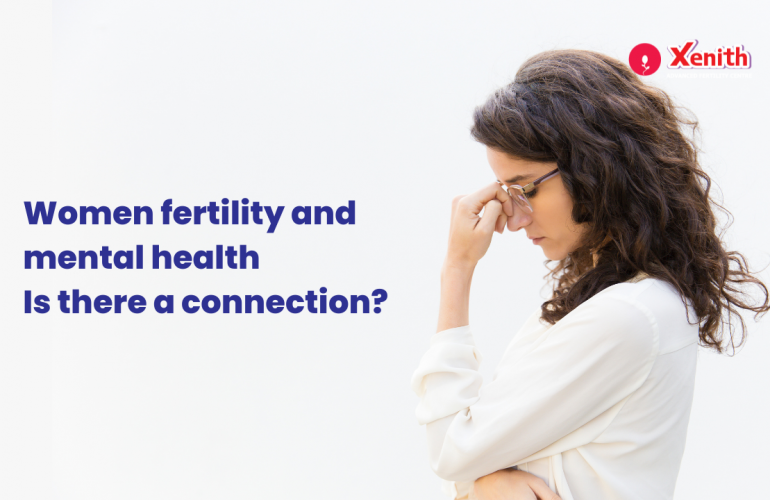Should You Have A Baby Using IVF Amid Covid
For most couples, having a baby is a deeply emotional and very important goal – one that does not have to put on hold because of the Covid-19 pandemic. There is no “best” time to have a baby. Fertility issues are time-sensitive. Delaying IVF treatment can lower success outcomes in some couples. We explain why in this article.
Let’s start with some good news
Statistics show that the elderly are more inclined to have severe complications if they contract Covid-19. Though the second wave in India has seen younger people contracting the virus, the outcome and recovery is mostly very good. The majority of patients seeking ART are in their late 20s and 30s – an age group that is generally not a high-risk group for Covid-19. However, while age may be on your side against Covid-19 the same is not true when it comes to fertility rates.
WHEN you should not delay
Here are two reasons why couples should not delay ART treatment if they need it.
1. Fertility is usually a race against time – pandemic or no pandemic
If you are in your 30s, it is important you seek help as early as possible. According to the National Institutes of Health, United States, fertility complications that may arise with increasing age may include:
- The development of uterine fibroids
- Endometriosis
- Less viable eggs
- More risk of a miscarriage
- Reduced sperm quality can affect the ability of a sperm to reach an egg and fertilize it
- Reduced sperm concentration
- Decreasing testosterone levels in men can lead to erectile dysfunction
Though the issues with semen factor occur at a much later age in men, those who already have a low count and motility can have a decline in numbers and motility as time goes by.
2. Being proactive can move the fertility needle to your advantage
Because age is not on the side of fertility, delay in identifying a fertility issue as well as delay in treatment, may need more advanced treatments and may also lead to a drop in success rates compared to treatment being done earlier. It may be advisable for couples to have a fertility evaluation if they want to wait for a few years before going ahead with a pregnancy. Early fertility evaluation will help detect common fertility issues such as hormonal imbalances, pre-existing health conditions, and obesity which can lower fertility rates. Fortunately, many of these issues can be resolved by medication, or lifestyle modifications.
Other options couples may want to consider after a fertility evaluation are freezing their eggs, sperm, or even embryos while couples are still young and have quality sperm and viable eggs.
3. Overcoming challenges of IVF Treatment amid Covid-19
- It takes time. There will be much communication, consultations, tests, and lots of decisions to make before we even consider recommending options for fertility treatment. Often, by identifying the cause of infertility we are able to treat it without having to revert to IVF.
- We have transitioned to telehealth so that physical interaction is reduced to a minimum.
- IVF treatment can be hard on couples, particularly the woman. The road ahead can get lonely and even more so in these socially restrictive times we live in. Our counselors will work alongside you to help you through each stage of the IVF cycle.
- If you contract Covid-19 during treatment and prior to egg collection, we will need to pause treatment. However, a Covid RT PCR test is done prior to starting the stimulation, so that safety is confirmed and we advise patients to refrain from any outside contact other than the minimal visits to the clinic. Current guidelines suggest patients wait for at least 28 after recovery from Covid to begin treatment again.
WHO should not delay?
We recommend that you visit Xenith Advanced Fertility Clinic early if you:
- Have irregular or absent menstrual cycles
- Have suffered repeated miscarriages
- Experience pain in the pelvic area that cannot be explained
- Are known to have a low ovarian reserve
- Are 35 and over and have been trying for a baby for the last six months
- Either partner is overweight
- Either partner has pre-existing health conditions such as diabetes or heart disease
- Xenith keeps you safe with strict Covid-19 safety protocols
The government has mandated that reproductive health is an essential service and therefore IVF clinics have been open since May 2020. Xenith is an independent private IVF clinic. Our clinic is not part of a larger hospital or an extension of their department and therefore the influx of patients is extremely limited to our private clientele. We conduct teleconsultations for initial consultations and follow-ups. Other tests can be conducted at our Clinic where we follow strict safety protocols for Covid-19.
With the Covid vaccination drive on, couples should try and get their vaccination done. Also, the government may soon allow vaccines for pregnant and lactating women, thereby letting women to go ahead with treatment and take the vaccines simultaneously. However, there is no reason to delay IVF where necessary – take the necessary precautions and schedule a consult with Xenith Advanced Fertility Clinic today.
Summary: Many couples know they need assistance to achieve reproductive health but have reservations about going to an IVF treatment clinic in the midst of a pandemic. Should you delay the decision? Is it necessary to put off having children till after the pandemic? This article presents a few facts for couples struggling to cope with the pandemic and the longing to have children.




